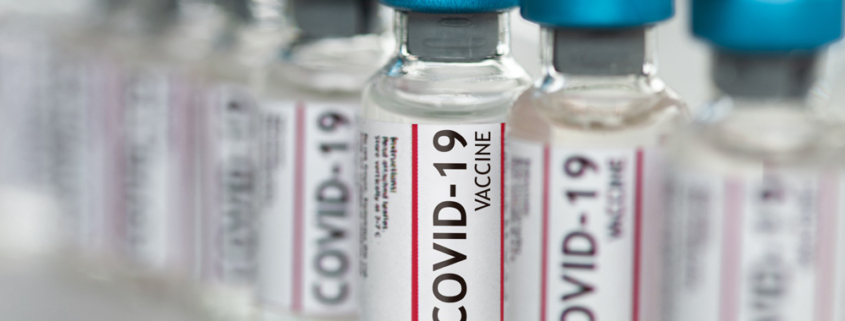What the new COVID variant, the ‘Kraken,’ means for you
There’s yet another COVID-19 variant out there.
The newest COVID-19 variant, XBB.1.5 or the “Kraken,” is making significant headway, both in Illinois and nationwide, with more than 40% of all cases now of this lineage as of last week and with concerns about its ability to evade protection from prior illness and vaccination.
With it being winter and people spending more time inside, one might be concerned about potentially getting this new, more virulent version of COVID. Here’s a look at what you need to know.
What is XBB.1.5 and why is it called ‘Kraken?’
XBB.1.5 is the latest variant of concern, an offshoot of the omicron variant that hit worldwide in late 2021. It’s a “recombinant” variant, named as such because it has multiple strains of COVID-19 within its lineage.
Gail O’Neill, director of the Sangamon County Department of Public Health, said this new variant, similar to those that have come since the advent of the bivalent vaccine last year, comes primarily from that particular strain of the virus.
“There’s so many combinations of virus in this,” O’Neill said. “All the new variants that we’ve been seeing since we got the new vaccine still have a big component to omicron and the vaccine was made to work on omicron with the spike proteins. But we’ve got all these different variations that keep replicating and creating new variants to the same illness.”
As for the nickname, “Kraken,” that comes from a Canadian biology professor who told Fortune Magazine he was looking for more variety in how the variants are named. A kraken is a legendary sea monster.
What are the symptoms of this variant and are they more or less severe?
O’Neill said the symptoms of this new variant aren’t too much different or more severe than other variants or the original virus. However, she notes that detecting the “Kraken” can come with some difficulty, as it may take a day or two after symptoms show up for the virus to appear on most tests.
“Normally, you get a positive COVID test right away,” O’Neill said. “This can take a day or two longer for whatever reason. You can take the test, have the symptoms and say, ‘Oh, I don’t have COVID,’ and in fact, this variant may be causing it to take a couple more days to show up in your testing.”







